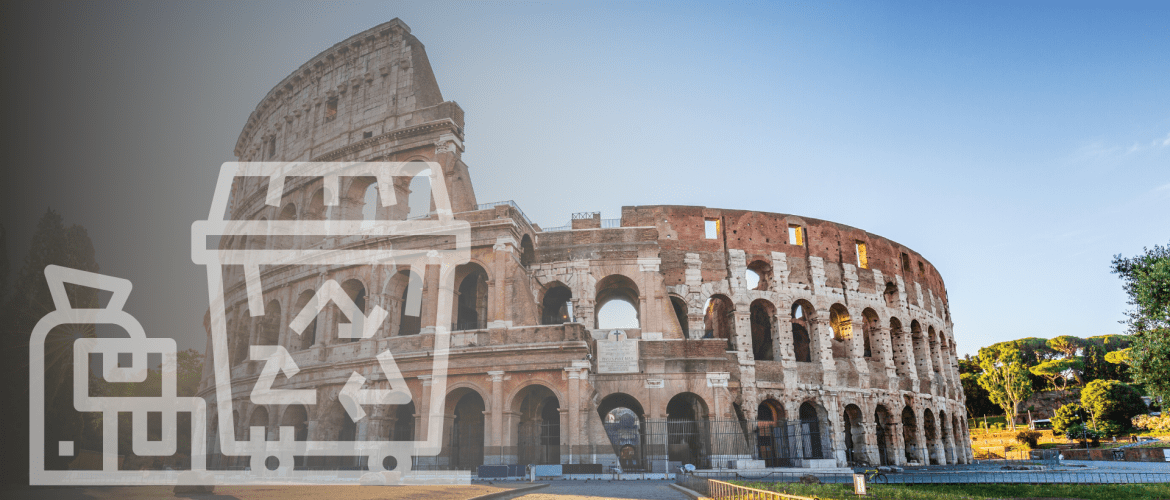"Pay for what you throw away" (PAYT) is another economic tool that aims to make consumers aware of the fact that waste costs, also aiming to induce the same behaviors such as reducing waste generated, increasing the degree of recycling and reducing the amounts stored.
In Italy, the public company The counter uses the PAYT ("Pay-as-you-throw") system, which involves charging based on the actual amount that a household or person generates.
The counter serves 554,000 inhabitants in the Veneto region of Italy. Thus, 85% of waste is collected separately directly at the source and only 53 kg of waste is generated per inhabitant per year. Collection takes place through the door-to-door method. These things became possible thanks to Legislative Decree no. 22/1997, Article 49 Determination of the tariff, which allowed municipalities in Italy to adopt PAYT schemes.
The PAYT tariff for the generation of waste from Contarina is formed from a fixed part and a variable part. The flat fee is based on the number of household members. The variable fee, charged in addition to the fixed fee, is based on the amount of residual waste collected from bins and garden waste. Households that compost get a 30% reduction from the variable tax.
Each household, depending on the number of people, has a fixed number of collections per year, and they can empty their bin a certain number of times before paying more for additional collections. Separately collected waste (recyclables such as plastic, glass, paper, metal) is collected through the door-to-door system and does not involve additional fees.
This type of system minimizes waste production and promotes home composting. The less waste a household generates, the less it pays.
Evolution of the growth of separate waste collection (2000-2014)
Also in Italy, the municipality of Treviso uses PAYT waste tax rates in Its Tax on Waste and Services Regulation (TARES) . It defines a fixed and a variable part of the waste tax for domestic and non-domestic users. The regulation also provides tax incentives for domestic composting.
Article 19 of TARES provides – for domestic users who sort biodegradable waste through composting at home, a 20% reduction of the variable portion of the tax rate is applied to them. This reduction is possible only after submitting a specific request that certifies that home composting will be carried out continuously during the following year. The exemption applies starting from January 1 of the year following the submission of the application.
According to statistics, in Italy, during 14 years, the percentage of waste collected separately and respectively recyclable increased by 58.2% thanks to the incentives of the PAYT schemes implemented in the country.

